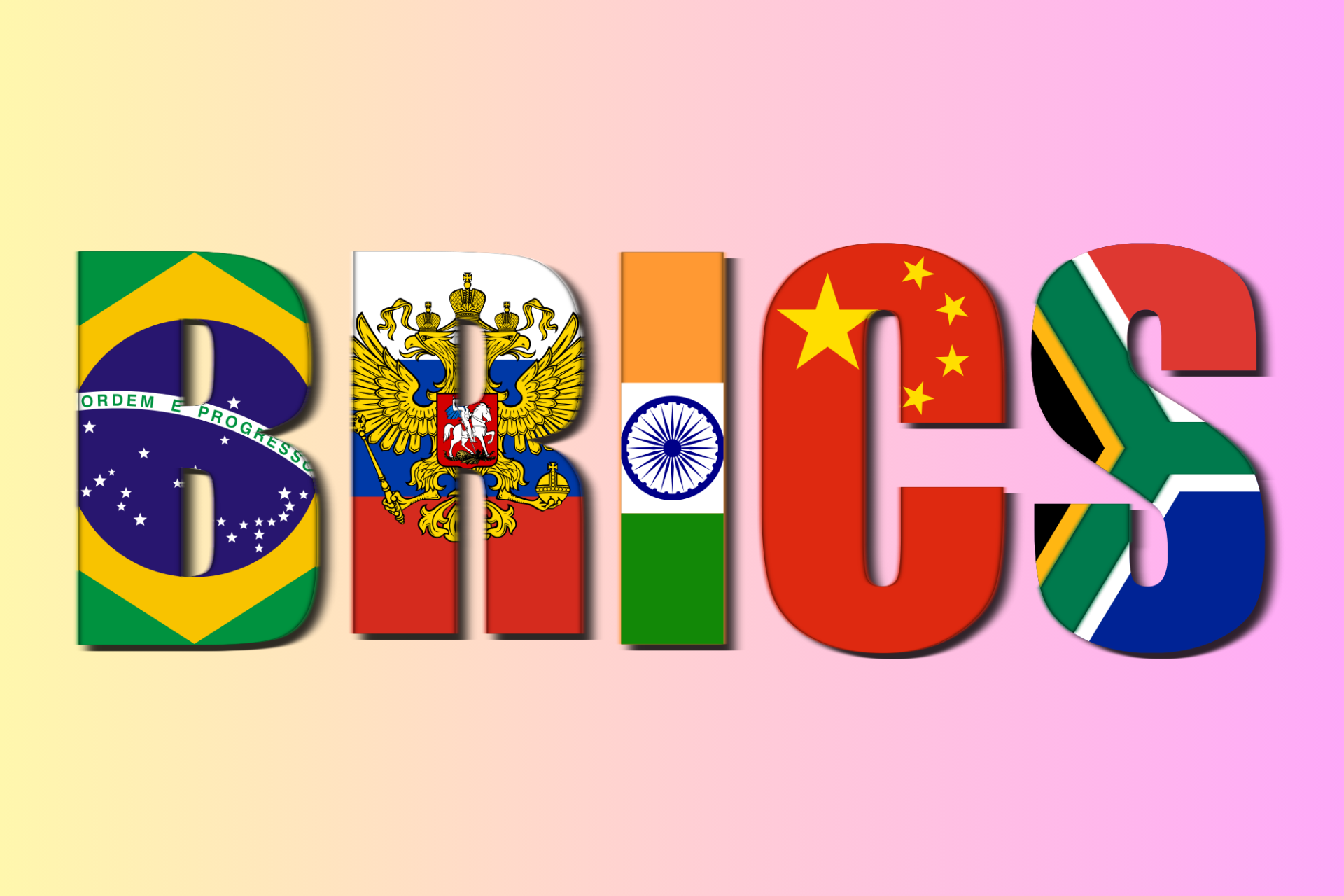The BRICS Expansion and the Quest for a Multipolar World
In the evolving tapestry of international relations, the BRICS bloc—comprising Brazil, Russia, India, China, and South Africa—stands out as a formidable challenger to the Western-dominated global order. The recent expansion of BRICS, with the inclusion of new members such as Egypt, Ethiopia, Iran, Saudi Arabia, and the United Arab Emirates, marks a pivotal shift towards a more inclusive, multipolar world. This article explores the strategic motivations behind the BRICS expansion, the bloc’s concerted push for de-dollarization, Russia’s pivotal role amidst geopolitical tumult, and the broader implications for the Global South and international relations at large.
Strategic Expansion and Geopolitical Implications
The expansion of BRICS in 2023, welcoming five new members for the first time since its inception, is a clear indication of the bloc’s ambition to diversify its economic and geopolitical influence. This strategic enlargement is not merely a response to the current international dynamics but a deliberate effort to build an alternative axis of power. By incorporating nations from Africa and the Middle East, BRICS significantly enhances its geopolitical weight and positions itself as a counterbalance to the Group of Seven (G7) major developed economies.
Russia’s role, under the rotating chairmanship of BRICS, has been instrumental in driving this expansion. Despite facing international scrutiny and sanctions, particularly in the wake of its military actions in Ukraine, Russia has leveraged its BRICS leadership to forge stronger ties with developing nations and assert its influence on the global stage. This move reflects Moscow’s broader strategy to mitigate Western attempts at isolation and underscore its status as a key player in reshaping international norms and alliances.
The Push for De-Dollarization: Economic Sovereignty and Global Stability
At the heart of the BRICS agenda is a concerted push for de-dollarization in global trade. This initiative aims to diminish the overwhelming dominance of the US dollar and foster economic sovereignty among member states and beyond. The adoption of local currencies for trade settlements, as seen in Egypt’s swift move away from the greenback, exemplifies the bloc’s commitment to this cause. By challenging the US dollar’s hegemony, BRICS is not only advocating for a reduction in transaction costs and the risk of sanctions but also promoting a more equitable and stable global financial system.
The establishment of the New Development Bank, headquartered in Shanghai, further signifies BRICS’s intent to provide a viable alternative to Western-led financial institutions like the International Monetary Fund and the World Bank. Through such measures, BRICS seeks to address the financial and economic infrastructure’s monopolization, which is perceived as a contributing factor to global financial instability and economic disparities.
Implications for the Global South: A New Paradigm of International Cooperation
The BRICS expansion and its policy initiatives resonate deeply with the aspirations of the Global South for a fairer international order. By championing the principles of sovereign equality and mutual respect, BRICS positions itself as the voice of developing nations seeking to navigate the complexities of globalization on their own terms. The bloc’s emphasis on using national currencies for trade and its open stance on membership reflect a commitment to inclusivity and a rejection of the one-size-fits-all approach often associated with traditional global governance structures.
Moreover, the diversification of BRICS, with the inclusion of major oil-producing nations and strategic partners across continents, enhances its capacity for diplomatic and financial coordination. This expanded membership not only strengthens the bloc’s economic clout but also provides a platform for addressing global challenges through collective action and consensus-building.
Looking Ahead: Challenges and Opportunities for BRICS
As BRICS embarks on this new chapter, it faces the dual challenge of managing internal differences among its diverse membership and articulating a coherent vision that transcends economic collaboration to encompass political and security dimensions. The varying geopolitical outlooks and interests of its members pose potential hurdles to unified action, particularly on contentious international issues.
Nevertheless, the growing interest from nearly three dozen countries in joining BRICS underscores the bloc’s appeal as an alternative to the prevailing global order. This enthusiasm signals a widespread desire for a reformed international system that prioritizes development, equity, and multipolarity over hegemonic dominance.
Conclusion: Charting the Course Towards a Multipolar Future
The BRICS bloc’s expansion and its strategic initiatives represent a critical juncture in the pursuit of a more balanced and multipolar world order. By challenging the status quo, BRICS not only seeks to diminish Western financial dominance but also to promote a global governance model that reflects the diverse realities of the 21st century. As the bloc continues to evolve, its actions will undoubtedly shape the contours of global diplomacy, trade, and cooperation, offering a new paradigm for international relations in an increasingly interconnected world.
—
This page was last updated on February 16, 2024.
–




